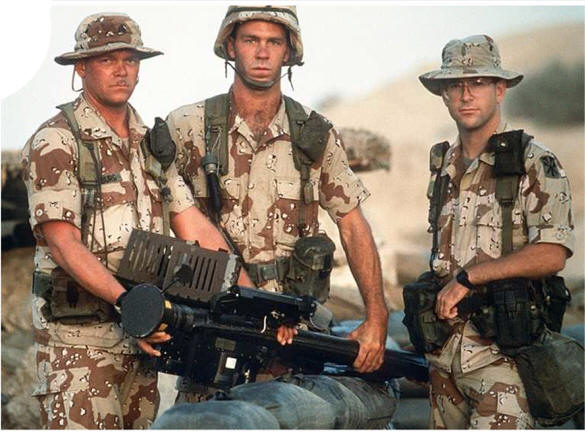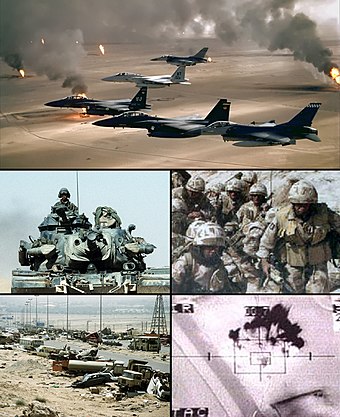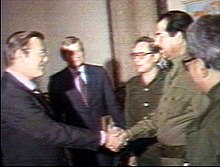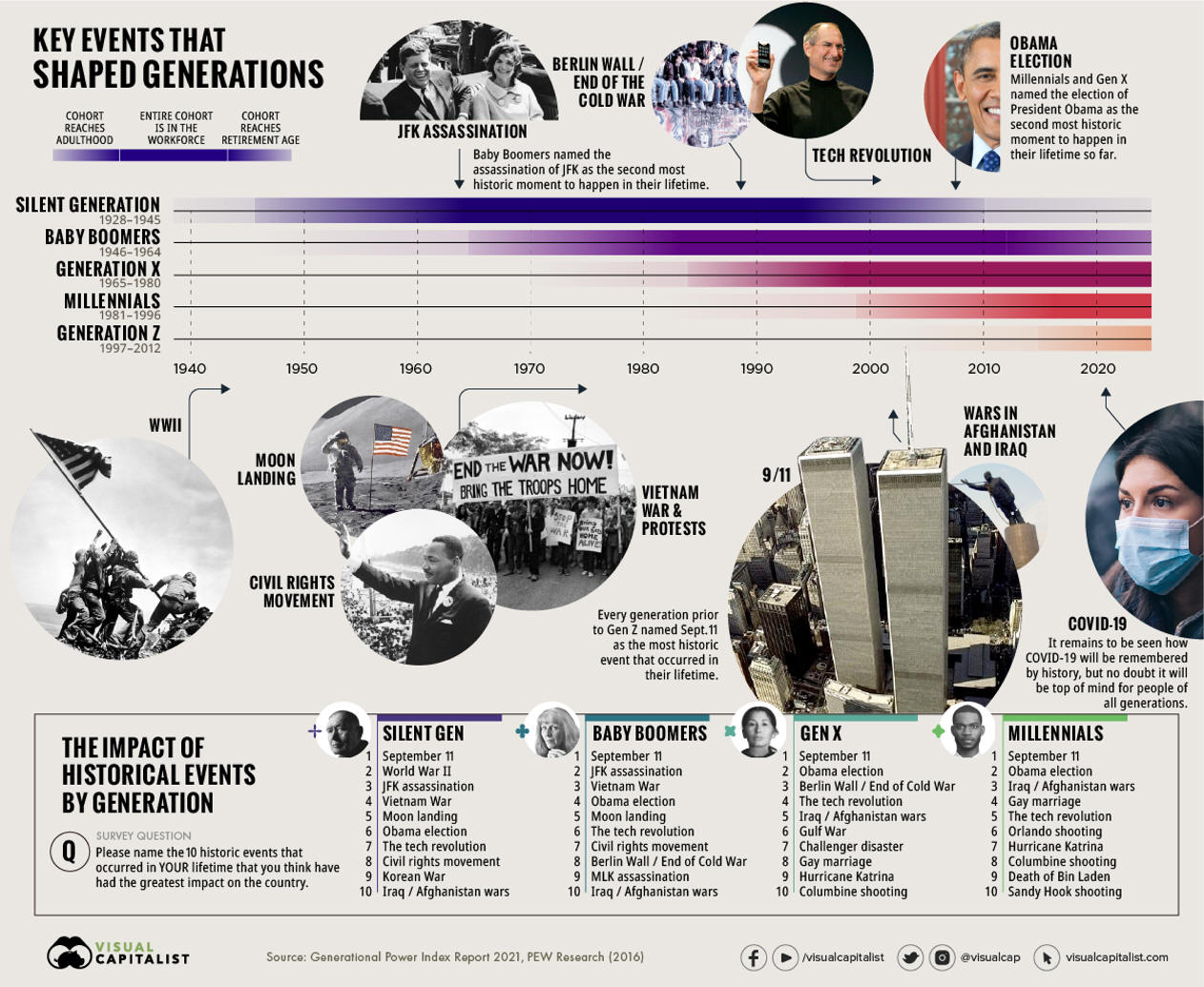|
"The seventies got under way with the downfall of a corrupt
Whitehouse ..." when a sinkhole called the
Watergate scandal
singled the beginning of a change in
American's political landscape. It began a feeling of government mistrust
and aimlessness.
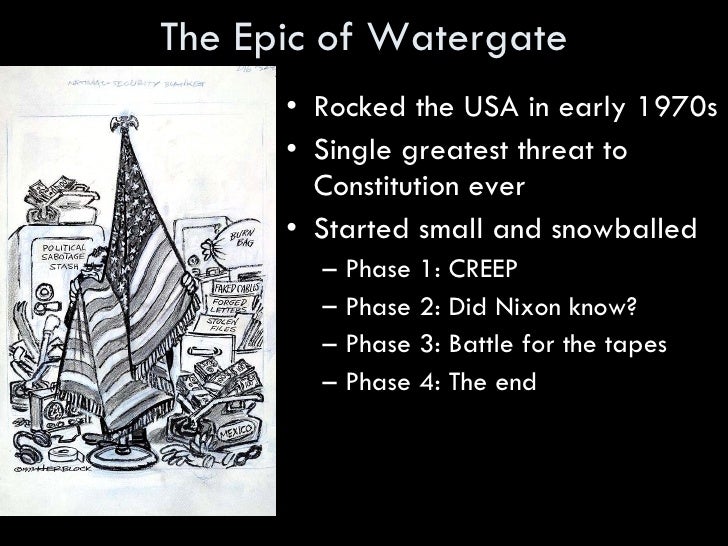
President Nixon giving a televised
address explaining release of edited transcripts of the tapes on April
29, 1974
Click to enlarge and for a slide show.
As if Watergate and the
Cold War were not
enough, the oil cartel
OPEC
had the unity to succeeded with a 1973-74 oil embargo.
The embargo was targeted at nations perceived as supporting Israel during
the recent
Yom
Kippur War.
Trouble was brewing.

International terrorists
struck with impunity. The U.S. supported Shaw of Iran and riots end with the Iran
hostage crisis which involved Americans imprisoned in America's Teheran embassy.
The Iranian
Revolution put an end to a decade of catastrophes.

Hostage Barry Rosen, the press attaché, age 34. The man
on the right holding the briefcase is alleged by some former hostages to be
future Iranian president
Mahmud Ahmandinejad, although he, Iran's government and even the CIA
denies this.

The Shah of Iran (left) meeting with
members of the U.S. government: Alfred
Atherton, William
Sullivan, Cyrus
Vance, Jimmy
Carter, and Zbigniew
Brzezinski, 1977 Click

Ayatollah
Khomeini at Neauphle-le Chateau surrounded by journalists
Click
"America suffered the indignity of its massive power in a seeming
decline."

|
What became known as the
Pentagon Papers
began to appear in the June 18, 1971
NY Times. They depicted thirty-years of government deceit and ineptitude
concerning U.S. Vietnam War activities. President Kenney had ordered
defense secretary Robert McNamara to make this historical study. A large
team of scholars and analysts, one of whom was Rand Corporation analyst
Daniel Ellsberg, gathered the information . "Working at MIT after
his resignation from Rand... "...Ellsberg decided to go public
with the information."
Because the information reported was before the Nixon years, the White House
was at first muted about the news release. The administration's attitude
changed when it realized there were
other highly classified secret documents to be protected. The administration
threatened the Times with espionage charges. These were ignored and a court
injunction stopping publication was ordered. Based on the First
Amendment, the Supreme Court ruled 6-3
in favor of the newspaper.
A White House group called the ' "plumbers" ' was
formed to stop news leaks. Led by former CIA employee E. Howard Hunt and
ex-FBI agent G. Gordon Liddy, the goal was to use their special clandestine talents to
limit anti-administration activities. One of their first tasks was a marginally successful break-in at
the office of Daniel Ellsberg's psychiatrist.
Some were angry because security credibility and thus intelligence
operations had been damaged. From another prospective the antiwar movement
gained new strength. Either way, the Pentagon papers reinforced the "bunker mentality" among the "palace guard."
Watergate was much more than the third-rate burglary Nixon's press Secretary Ron Zeigler
described. It was larceny was only a tiny strand in the web of domestic spying, criminal acts, illegal
campaign funds, enemies lists, and obstruction of justice that emerged from
the darkness as Watergate.
See
Nixon's Worst Betrayal
President Nixon giving a
televised address
explaining release of edited
transcripts of the tapes on April 29, 1974
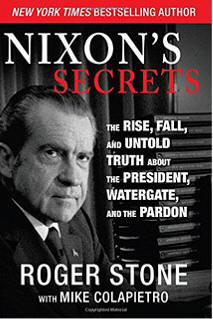
Israel has long occupied a singular,
untouchable position in American foreign policy. American felt a kinship to
Israel and her pro-western democracy. She was a reliable "client-state"
in unstable Arab lands. Made strong by hard work and U.S. aid, she had won
the Six-Day War of 1967 and the 1973 Yom kipper War. Arabs tried to
get back lost lands from the 1967 war by cutting off oil shipments to the
West. But the OPEC lacked the necessary economic clout
until 1973 when an oil
boycott succeeded in increasing the price of oil from $3 to $12
per barrel. The high oil prices caused mayhem in the United States
where gas was rationed and speed limits lowered. To lower demand for oil
environmental standards were relaxed and gas mileage targets set for
automobiles. The result was historically high inflation and unemployment hit
its highest level since the Depression.
Then in
1978 the Shah of Iran's military
dictatorship that had been set up by a 1954 CIA and British backed coup was overthrown
during the very beginning of a fundamentalist Islamic revolution. It was led by the Ayatollah
Khomeini. Gas exports to the U.S. were stopped. U.S.
Embassy Hostages were taken.
![Iran, history of: Iranian hostage crisis [Credit: AP]](http://media-2.web.britannica.com/eb-media/92/550x409x158492-004-0CD8202C.jpg.pagespeed.ic.B8cSOS2ZBI.jpg)
Matters were made worse
by a nuclear radiation spill at the
Three Mile
Island nuclear plant. Nuclear development was then curtailed and the oil cartel OPEC
again raised oil prices.
|
Vietnam
War Opposition continued even during the four-year pullout in which 20,000 US soldiers
died. Nixon and Kissinger had decided US credibility was worth
the cost.

Protests against the war in Washington, D.C.
on 24 April 1971
A suspected stronghold for the Vietcong at
My Lai, Vietnam was the March
16,1968 target of Charlie Company. Lieutenant Calley was ordered to
"clean the village out." Charlie company had seen little action in the last
three months though there had been about 100 casualties from sniper fire and
booby traps. Many were frustrates from fighting a war where no uniforms
separated good gooks from bad gooks. Only old men, women and
children were found. On this day such civilians were herded into the
center of their village and Calley ordered them shot. Three to five hundred mostly women and
children were slaughtered at the
My Lai Massacre. Four officers were court-martialed. Only
Calley was found guilty for the murder of twenty-two villagers. President
Nixon reduced Calley's sentence to house arrest. Public opinion of Calley
being a scapegoat resulted his later being paroled. Later as a
prosperous businessman he refused comments for a 1989 documentary. It has now
been well documented that My Lai was not the only crimes against civilians
in Vietnam where twice the total bomb tonnage was dropped as compared to WWII. Agent orange and other
chemical defoliates were also used.
War supporters on the right thought My Lai was an
aberration and Calley a victim of a leftist antiwar movement. War opponents
felt Calley and My Lai epitomized the war's immorality
and injustice.

Photo taken by the Army photographer
Ronald L. Haeberle on March 16, 1968, during the My Lai massacre,
showing mostly women and children dead on a road. Click

Vietnamese women and children
in Mỹ Lai before being killed in the massacre, March 16, 1968.[13]
According to court testimony, they were killed seconds after the photo was
taken.[14]
The Fall
of Saigon signified what would be the first war lost in US history.
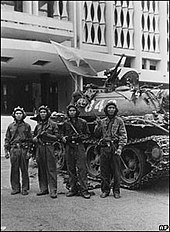
Victorious NVA troops at the
Presidential Palace, Saigon.
|
Integration
Continues
for a While
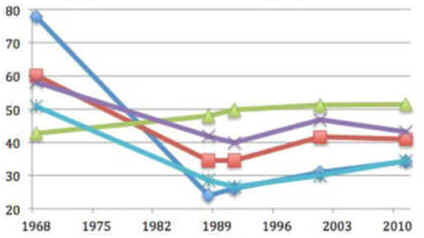


Schools with 90+ percent black
students dropped, especially in the South where
home schooling and Christian schools would became popular. Red added
by editor.
High school dropout with a criminal record from
his teen years Ernesto Miranda was convicted of kidnapping and
raping a teenage girl. He had signed a confession stating he had been read
his rights but his court-appointed attorney argued that Ernesto had not been
told of his right to legal council. A 1966 Chief Justice Warren Court ruled 5-4 that his
Fifth Amendment protection against self-incrimination had been
violated. To some it was a great milestone for civil liberty while
others felt it was the beginning of civilization's end.
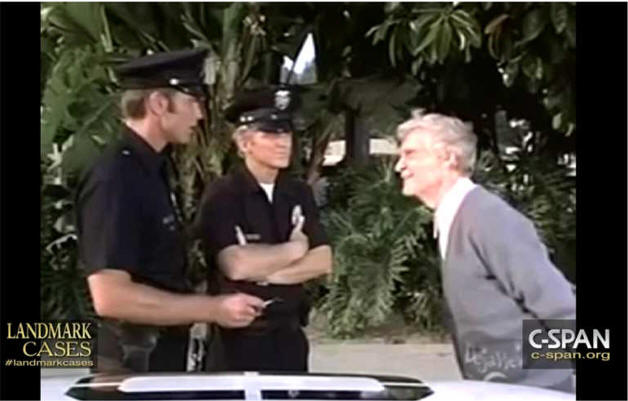
Ernesto Arturo Miranda was a laborer whose
conviction on kidnapping, rape, and armed robbery charges based on
his confession under police interrogation was set aside in the
landmark U.S. Supreme Court ... Wikipedia
Based on new evidence Ernesto was
later convicted and served time. He was paroled and died
from a knife induced wound incurred during a 1976 bar fight.
The
seven to two 1973 Supreme Court ruling in Roe v. Wade
prohibited state abortion limits during the first term (three months). It
also limited prohibitions the states may make during the second term. For
some, it was a matter of private choice (pro-choice), to others it was
government-sanctioned murder (pro-life).
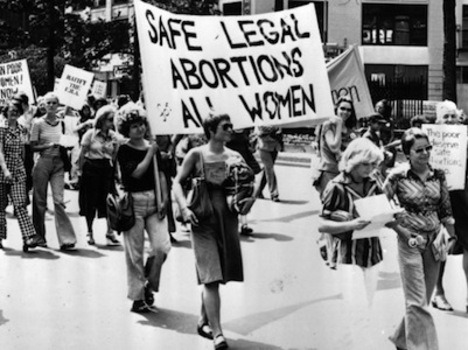
President Reagan's appointees made
the court more conservative and by a five to four vote the 1989 in
the
Webster
v Reproductive Health Service
case
the court expanded state authority to limit abortions. For more see
cnn.Reagan.courts.
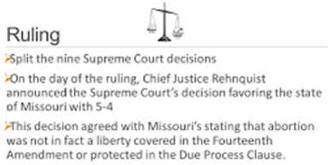
The Battle Continues

Protestors
at the 2009 March
for Life rally against Roe v. Wade
|

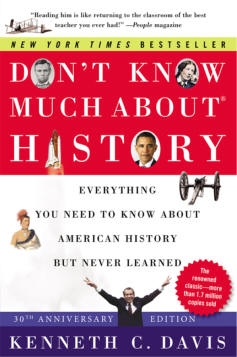
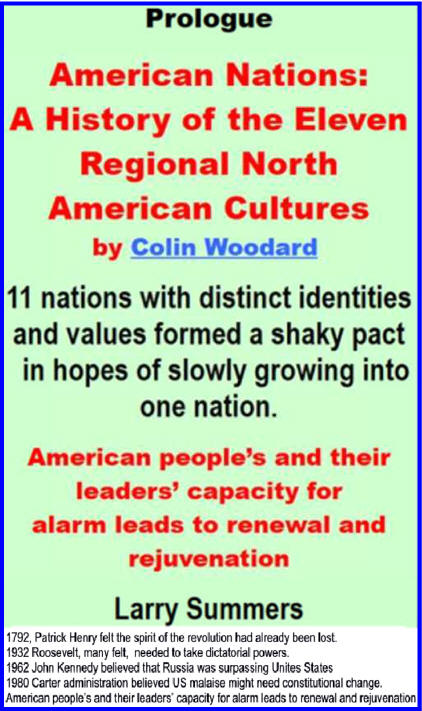
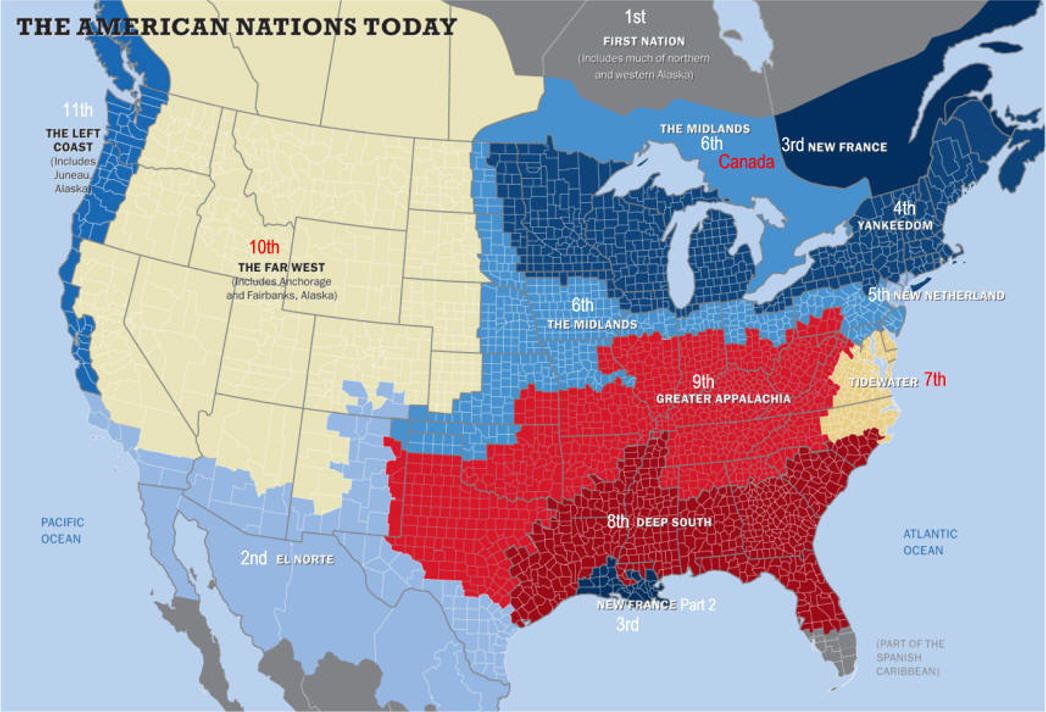

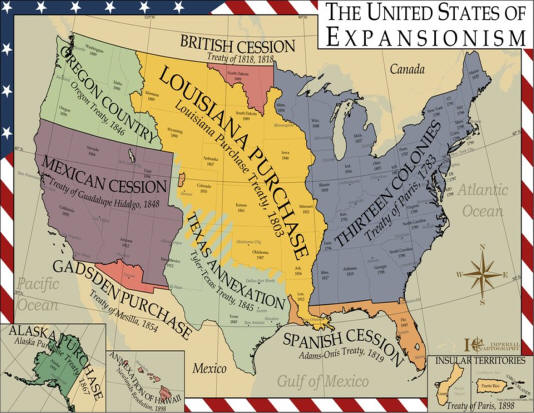
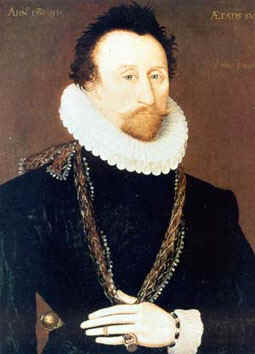


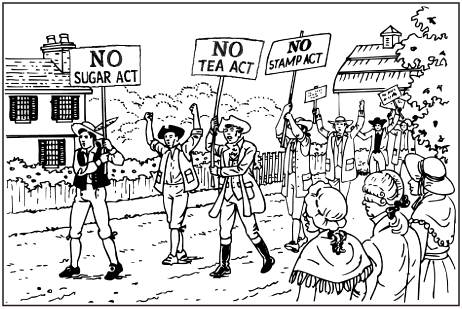

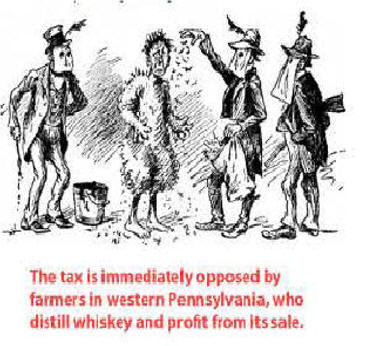

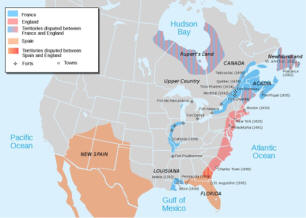
 The Indians
were led by Massasoit's son Metacom. Called King Philip
because of his European dress and custom, he put up a good fight. But the
Colonies had superior numbers plus 500 Mohegan Indians who were blood
rivals of the Wampanoag. Devastating battle tactics that included a return
to wholesale massacre of noncombatants followed.
The Indians
were led by Massasoit's son Metacom. Called King Philip
because of his European dress and custom, he put up a good fight. But the
Colonies had superior numbers plus 500 Mohegan Indians who were blood
rivals of the Wampanoag. Devastating battle tactics that included a return
to wholesale massacre of noncombatants followed. 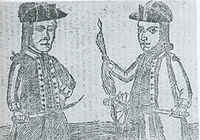
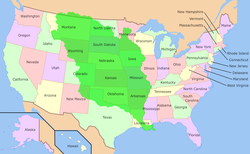

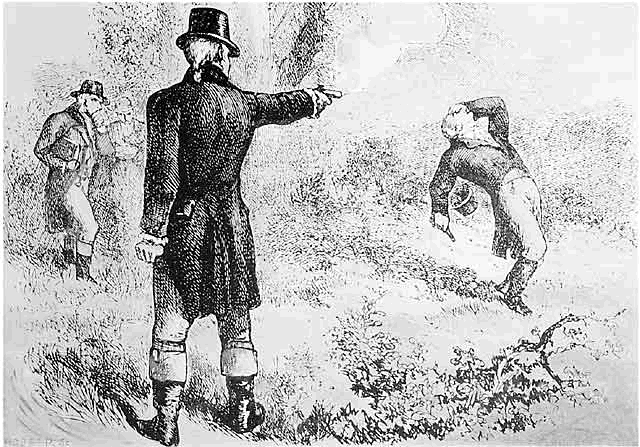



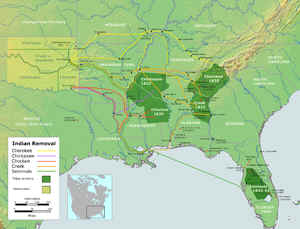
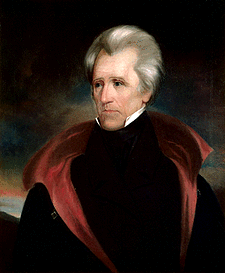
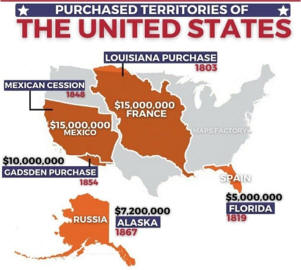
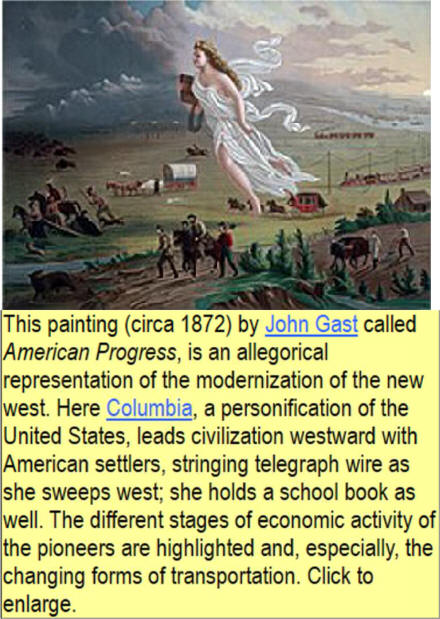

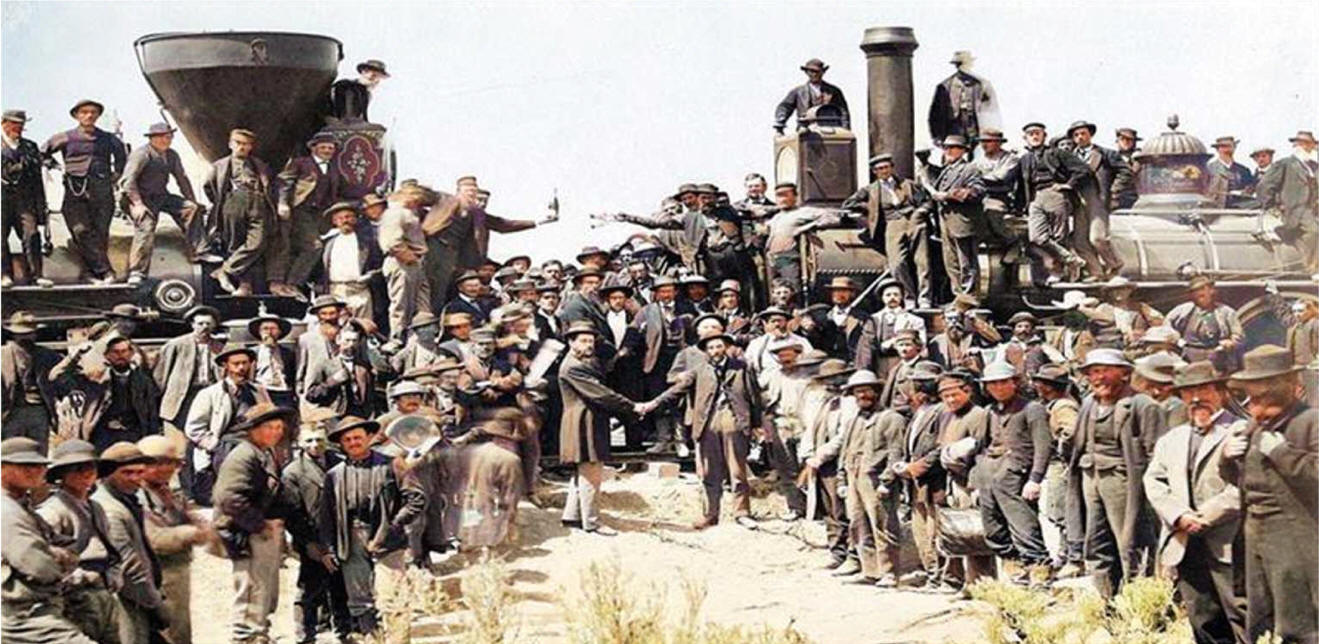
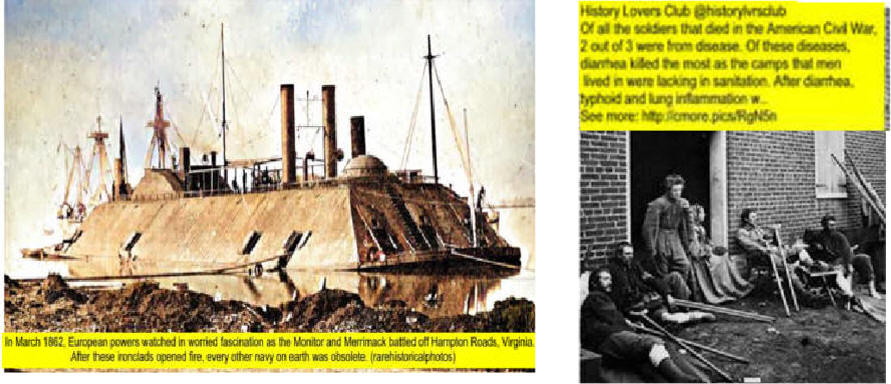
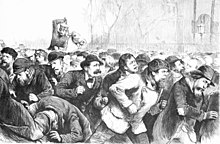
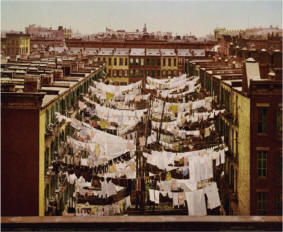

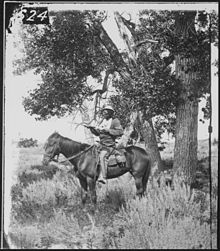
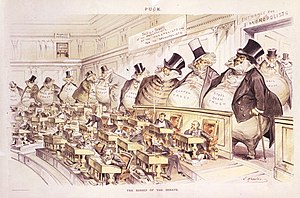
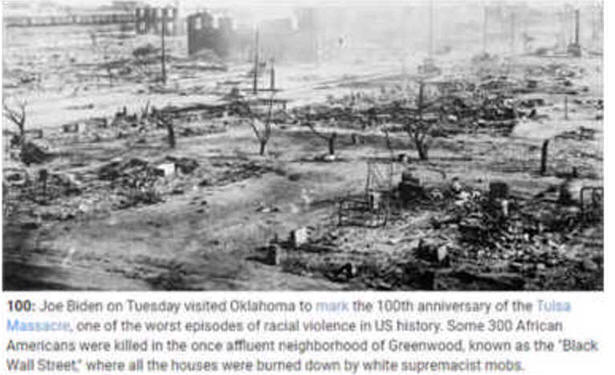
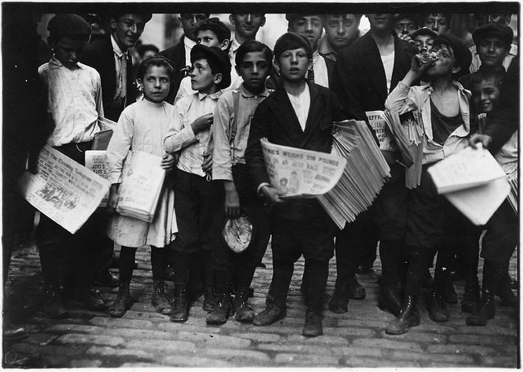

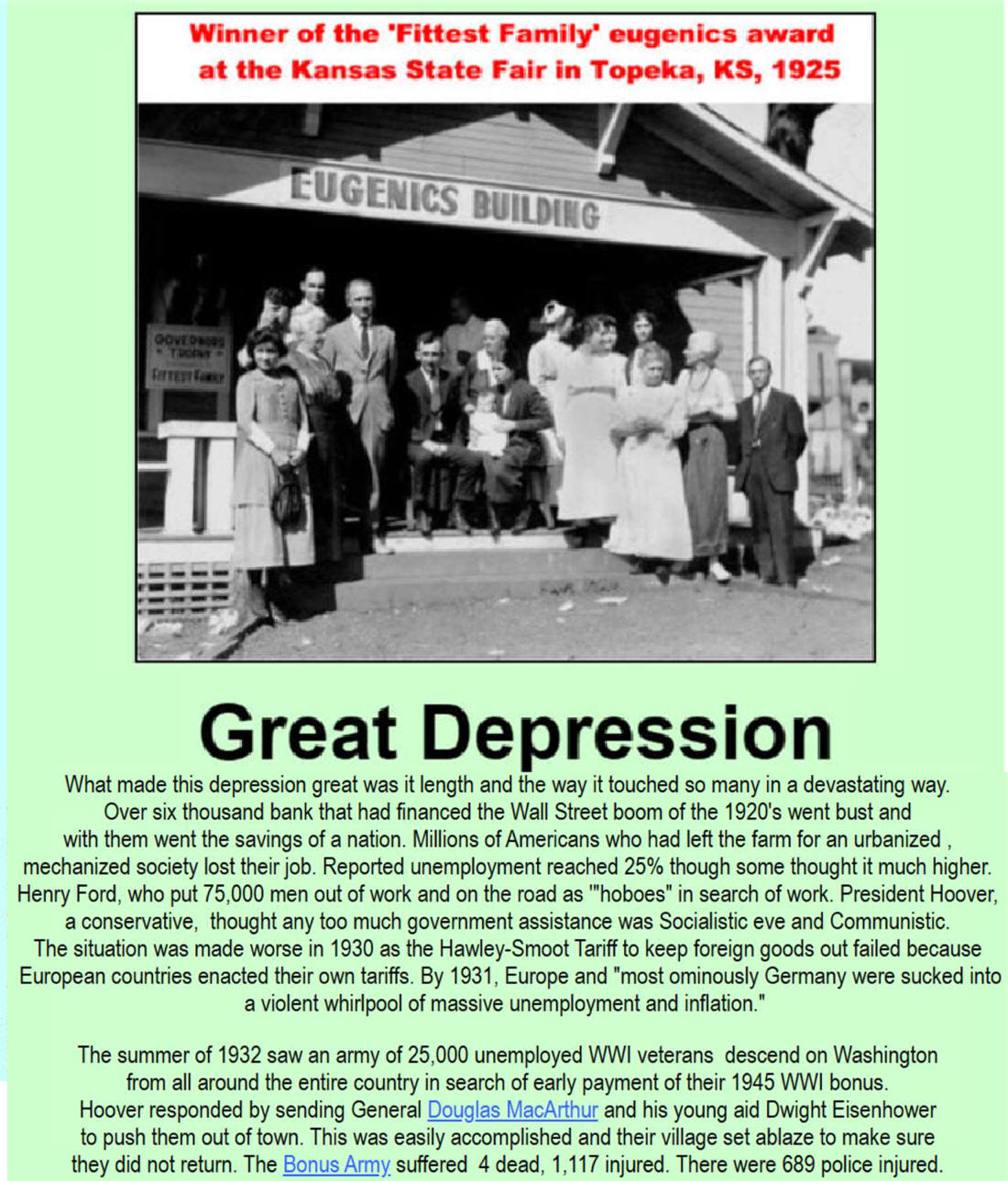

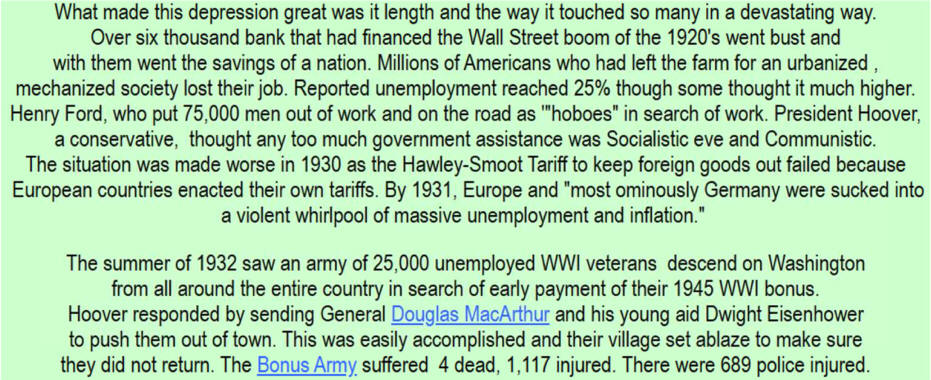
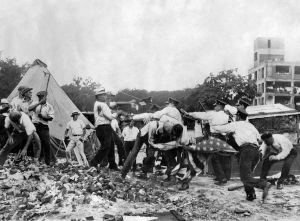


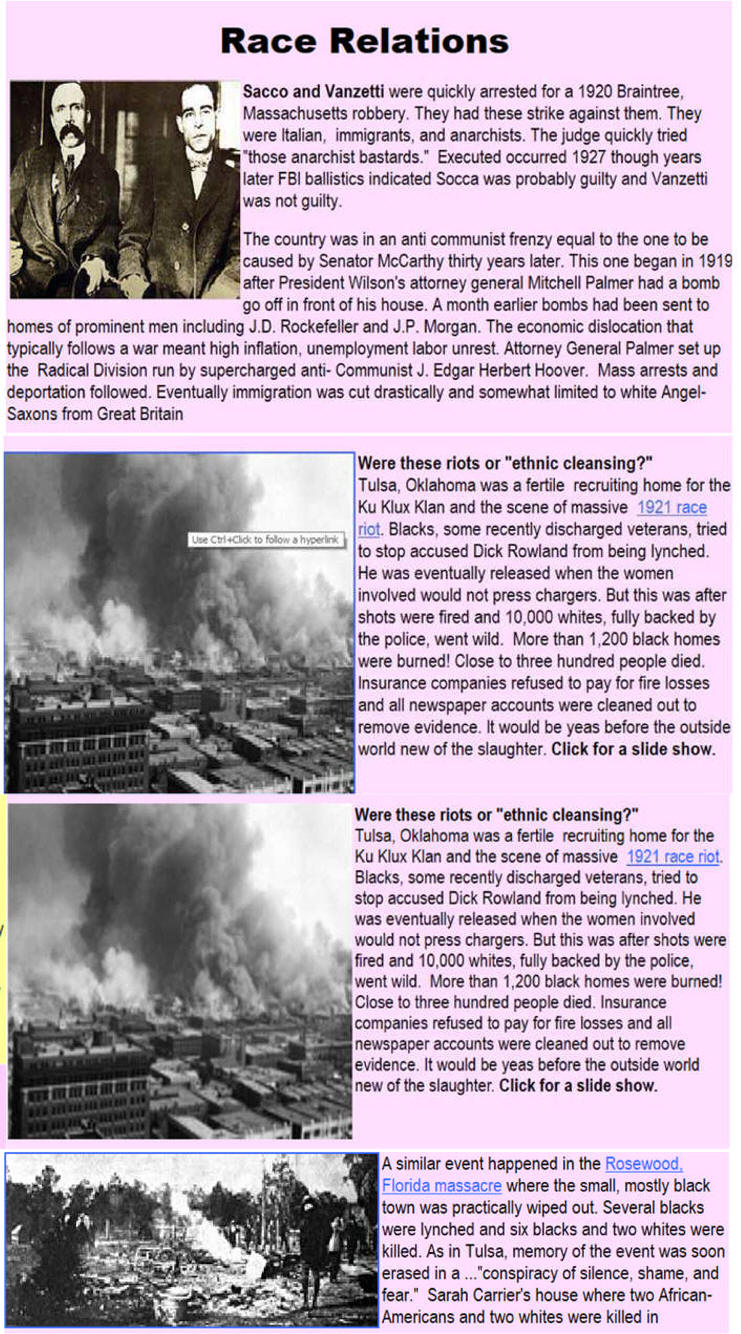
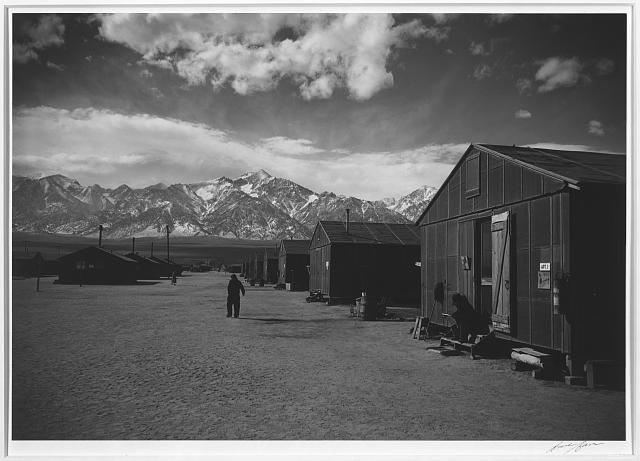



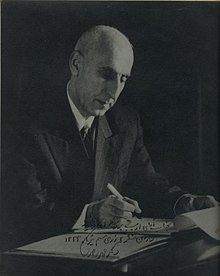

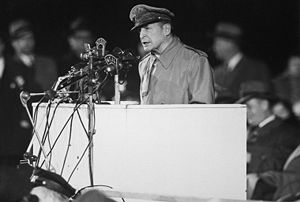

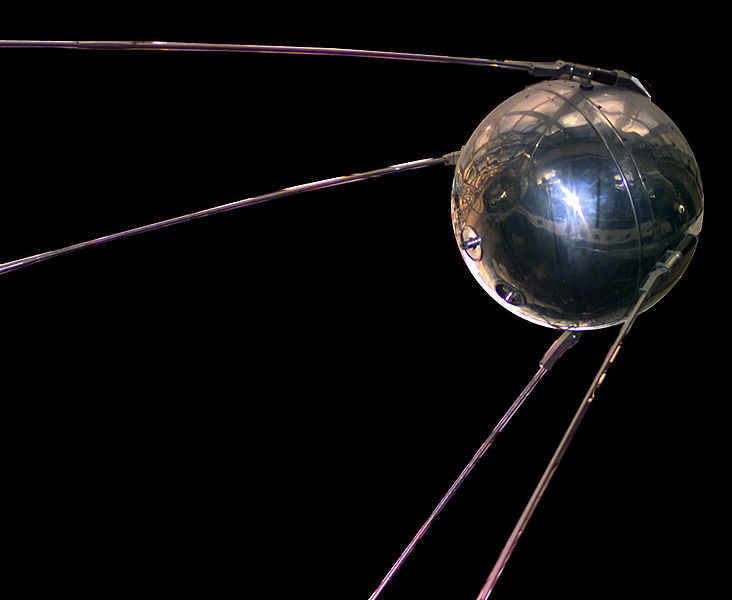




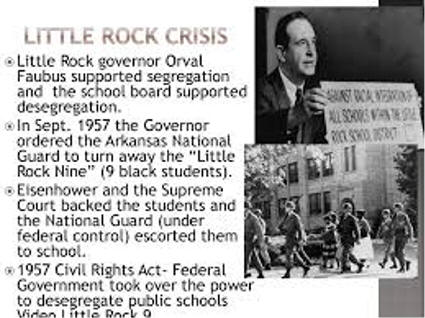



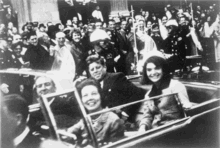

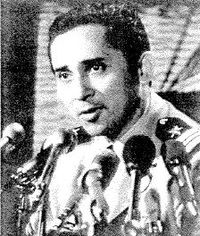
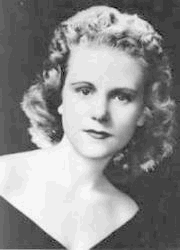
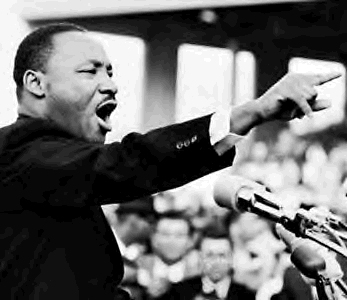







![Iran, history of: Iranian hostage crisis [Credit: AP]](http://media-2.web.britannica.com/eb-media/92/550x409x158492-004-0CD8202C.jpg.pagespeed.ic.B8cSOS2ZBI.jpg)













